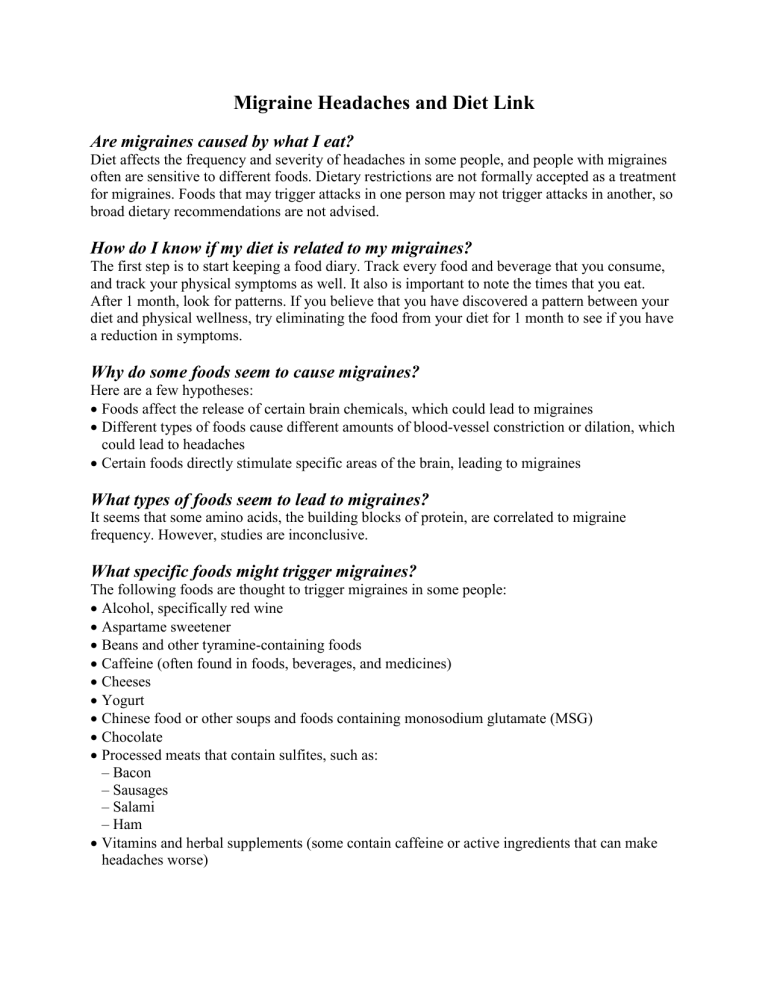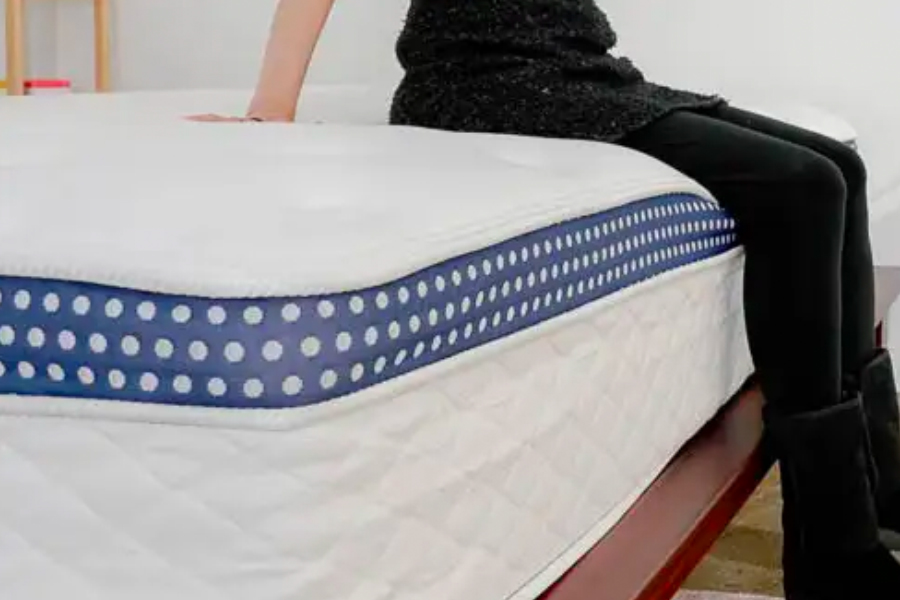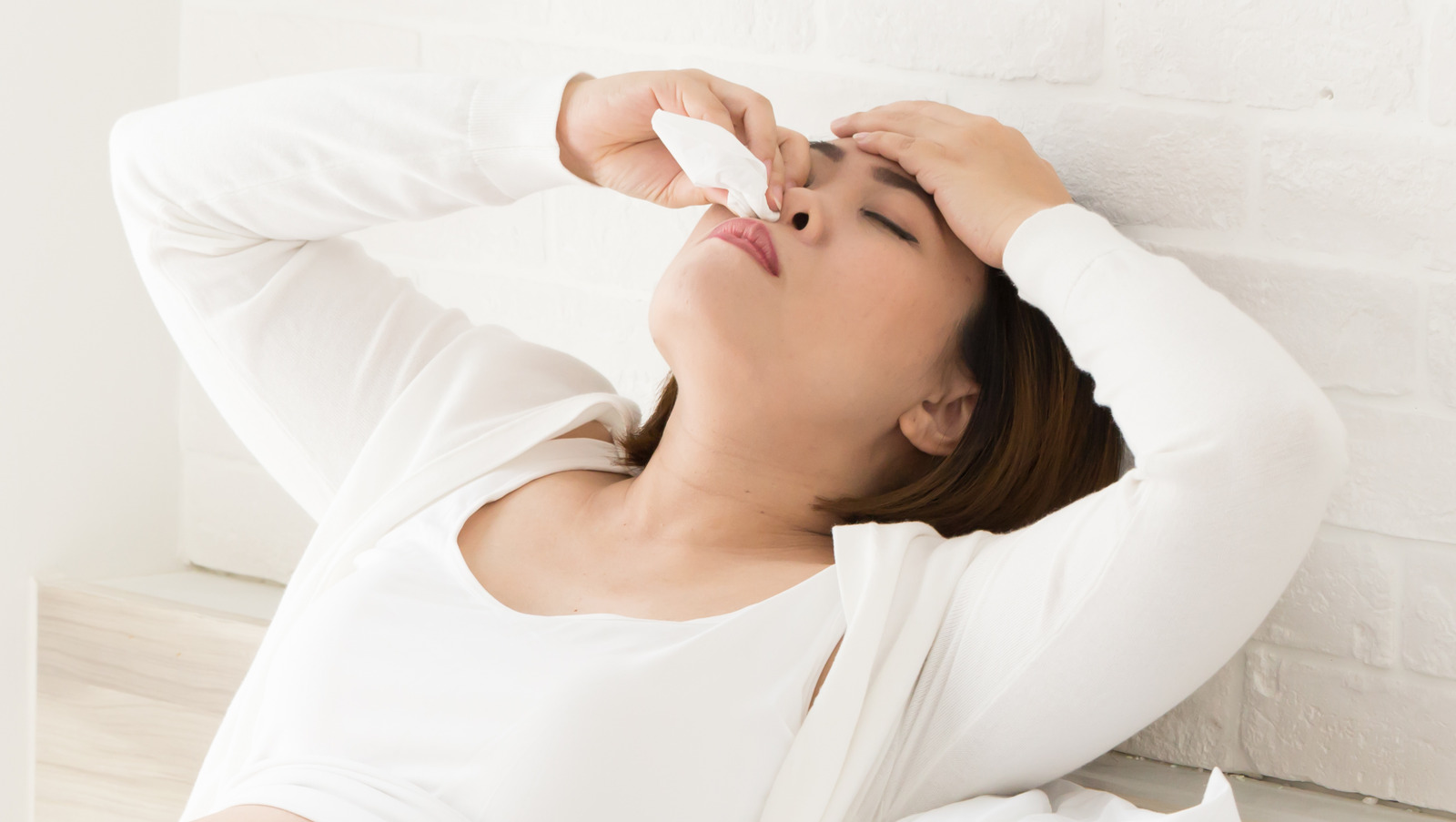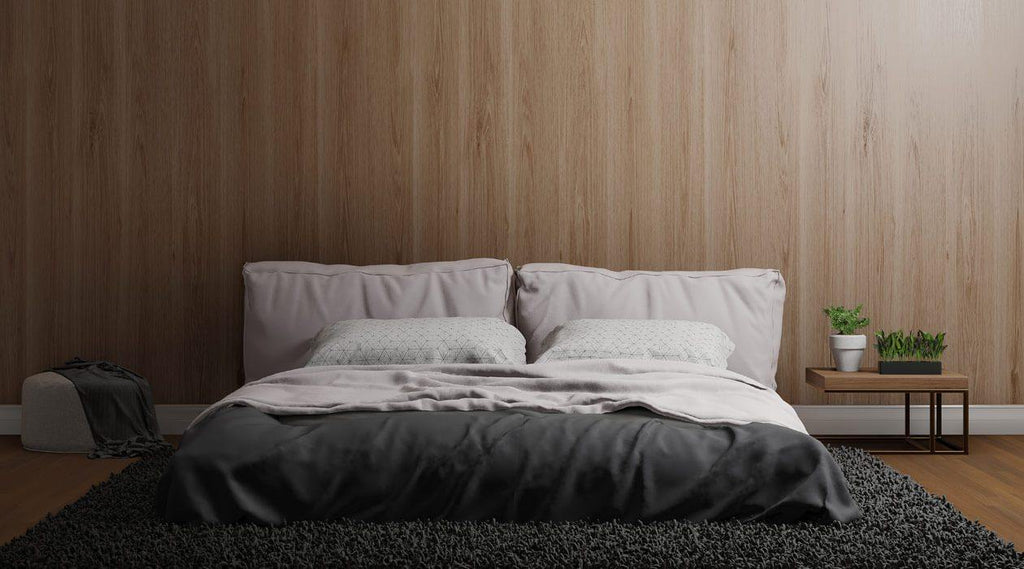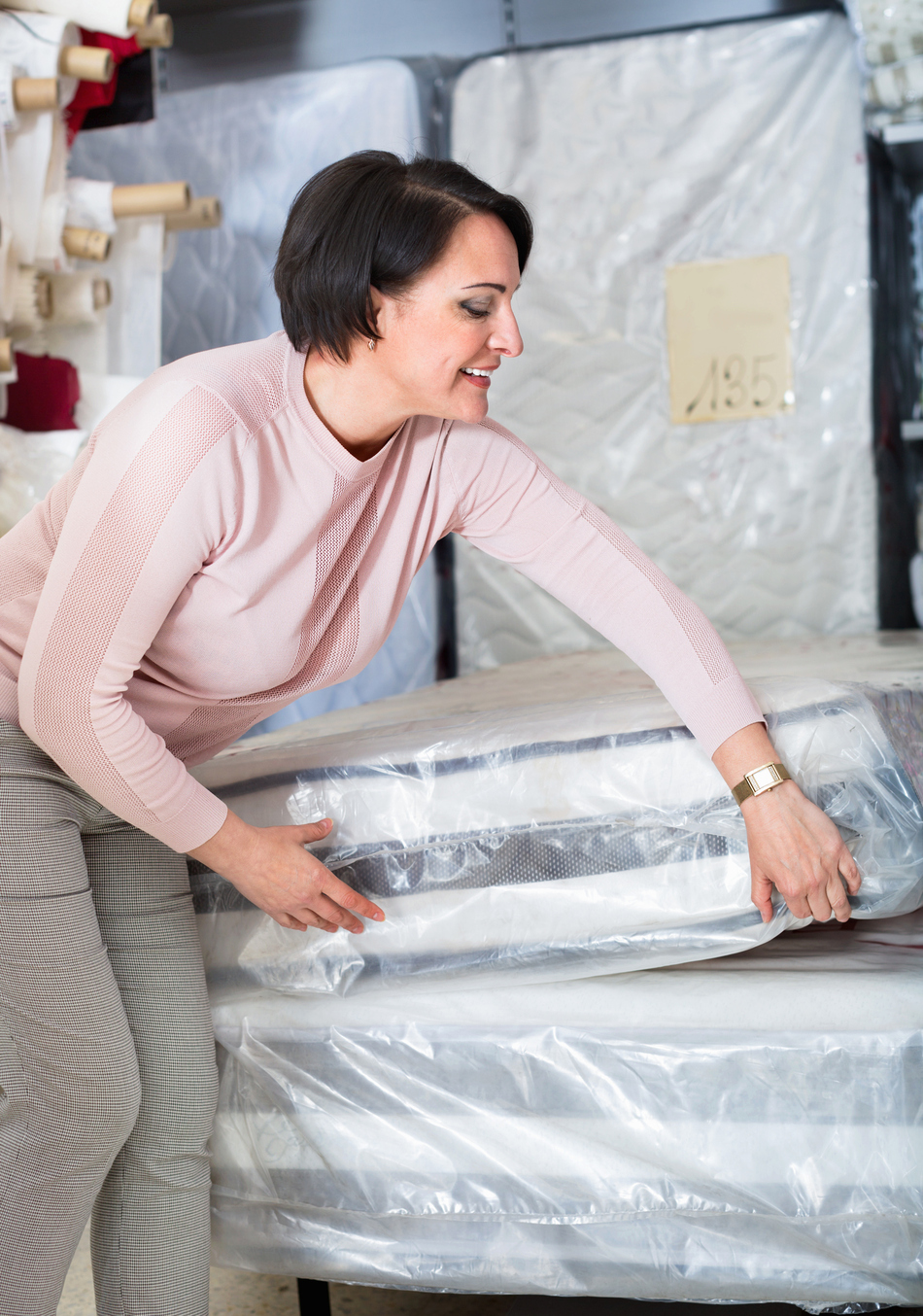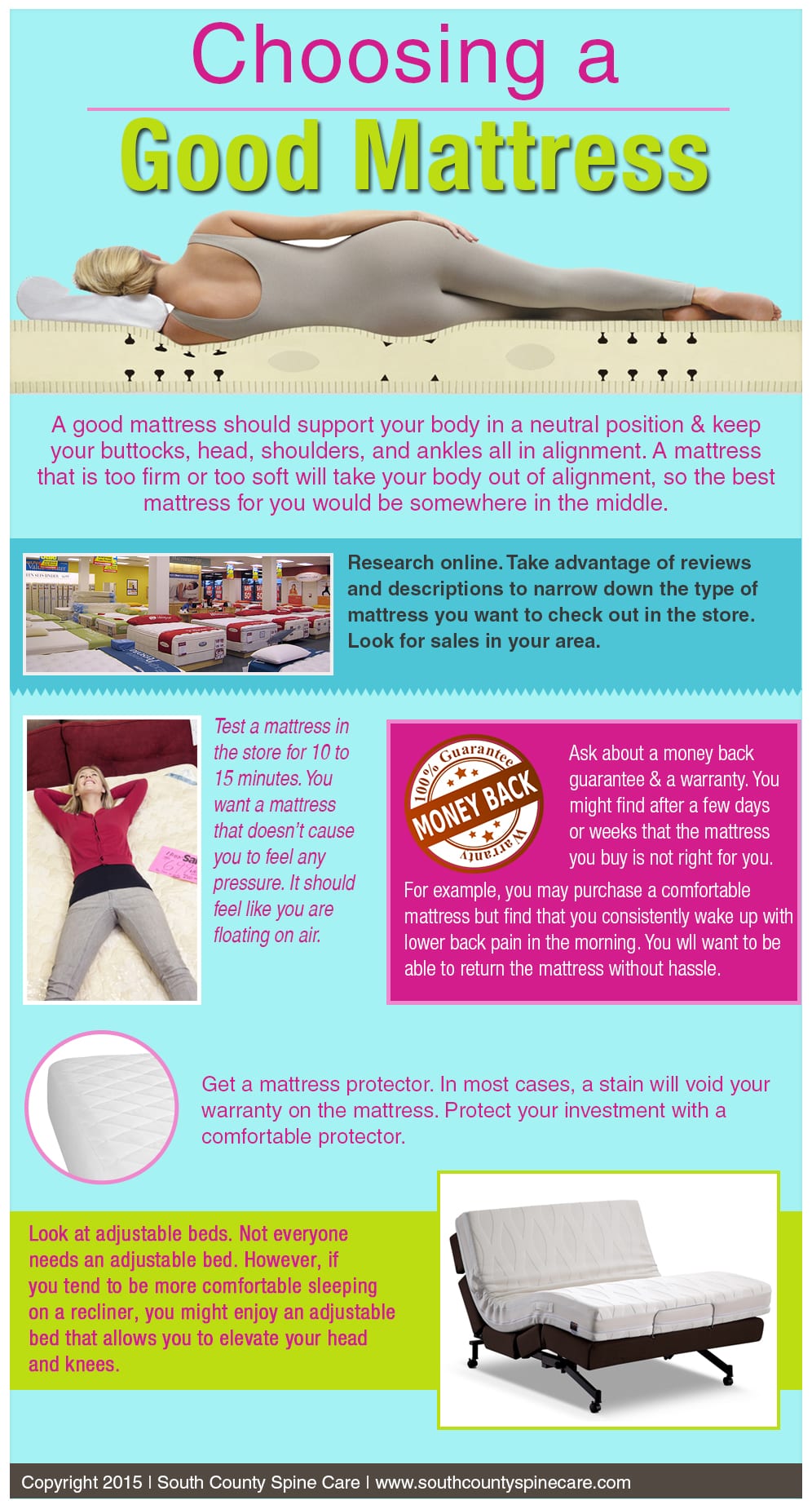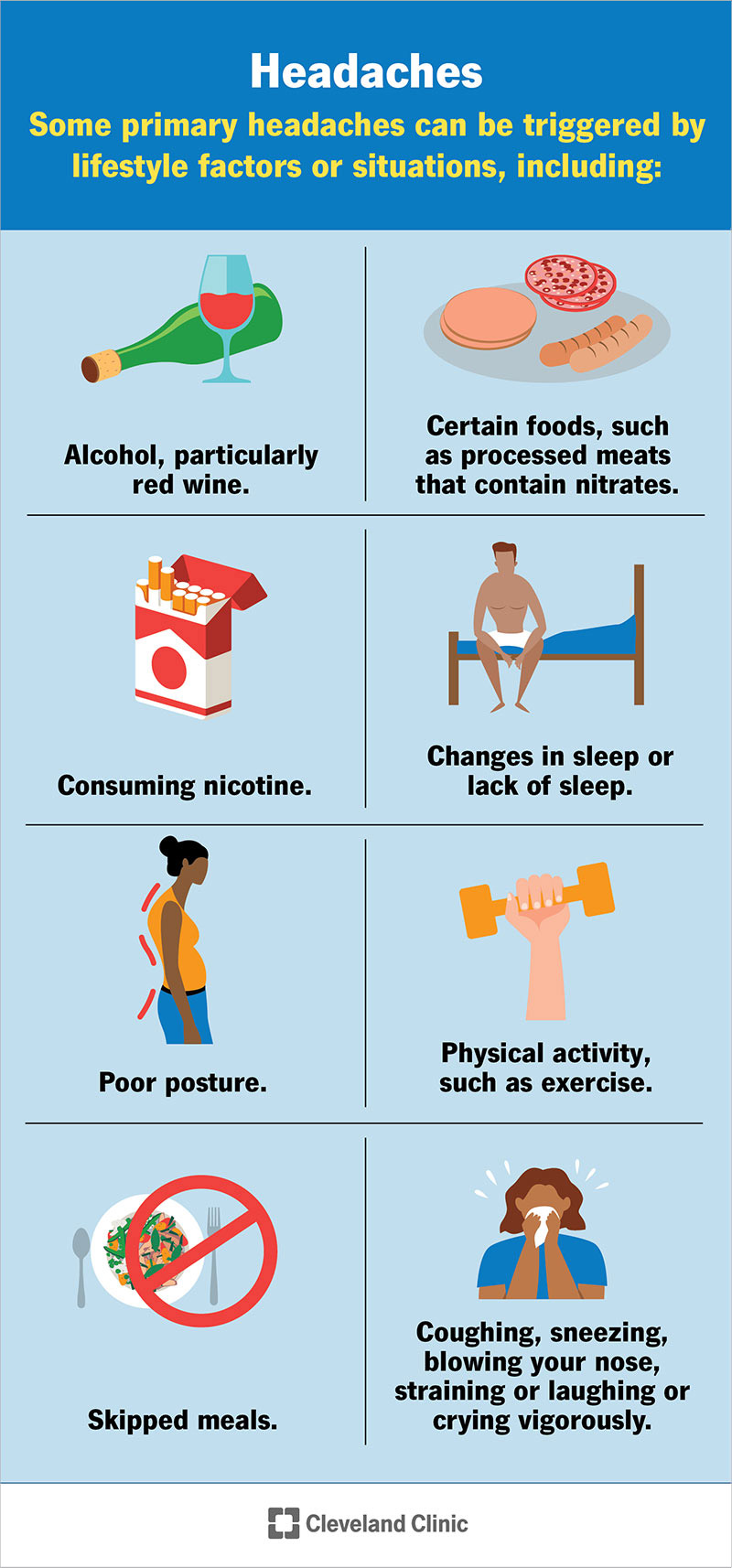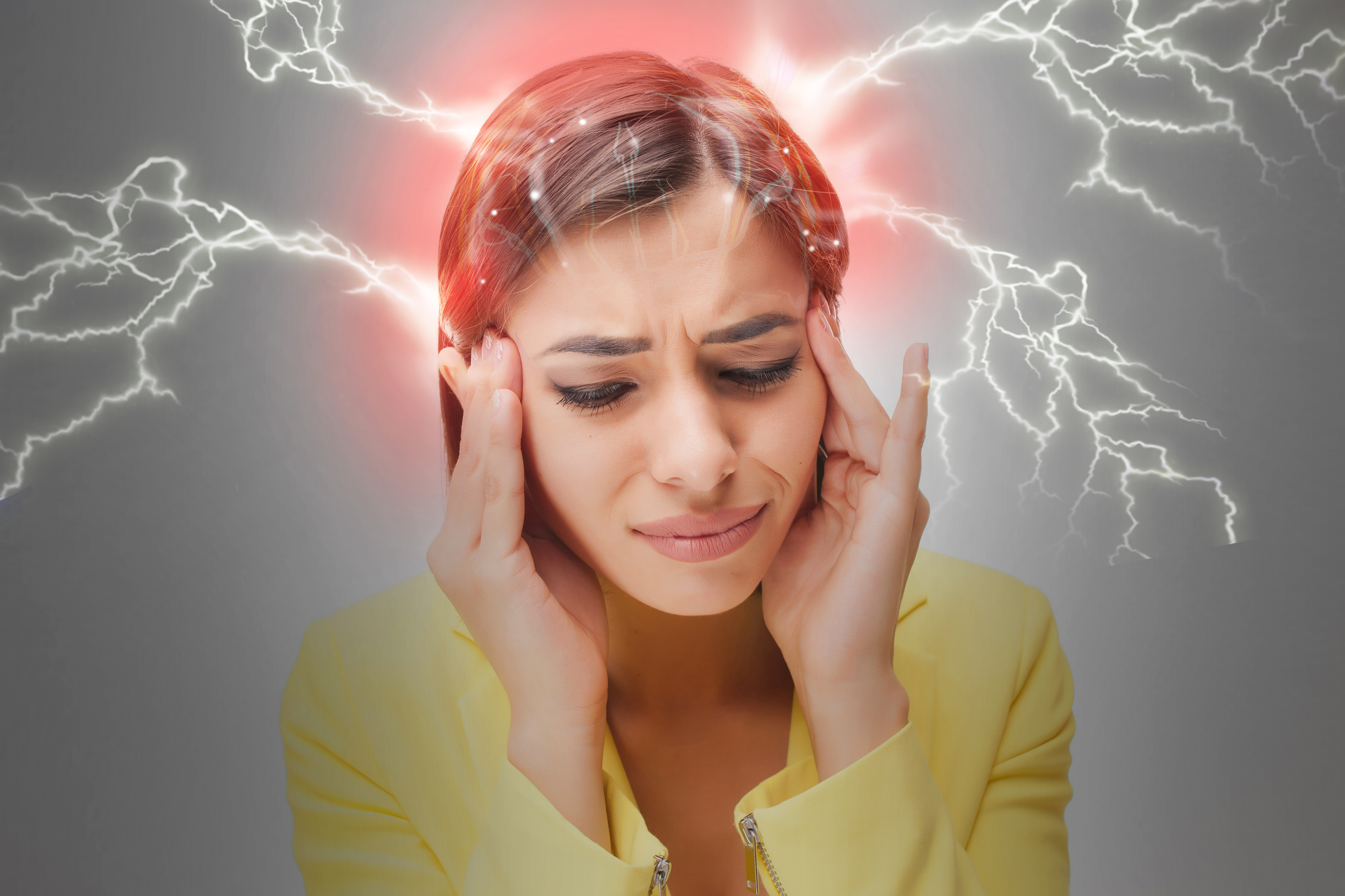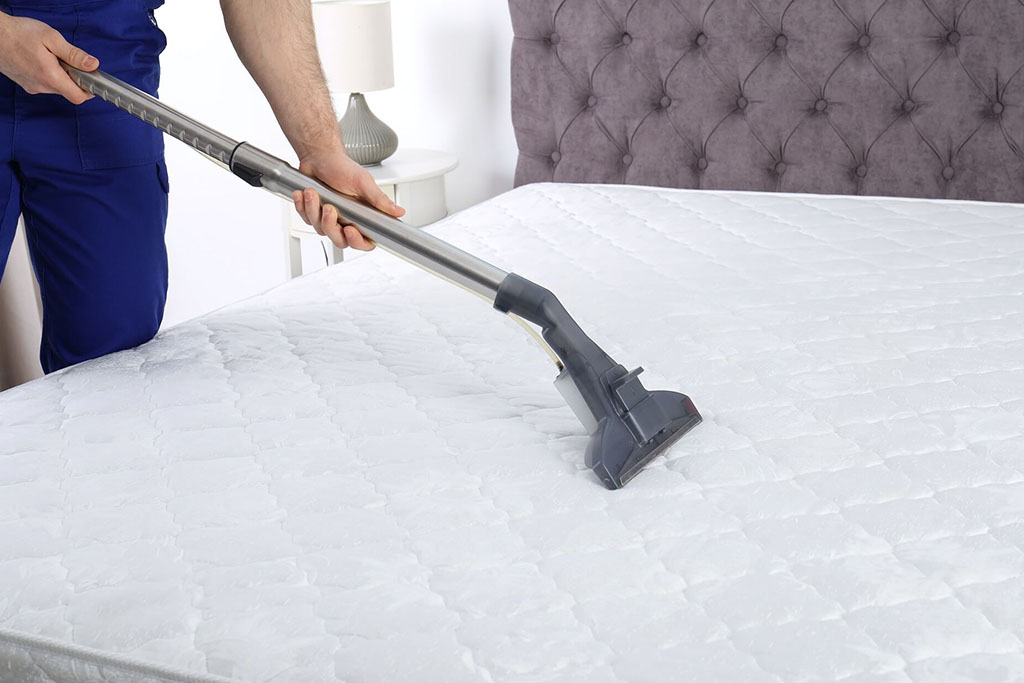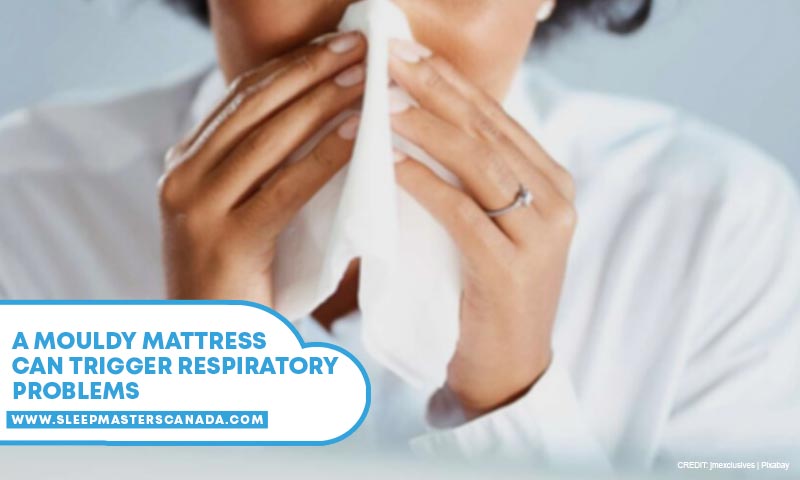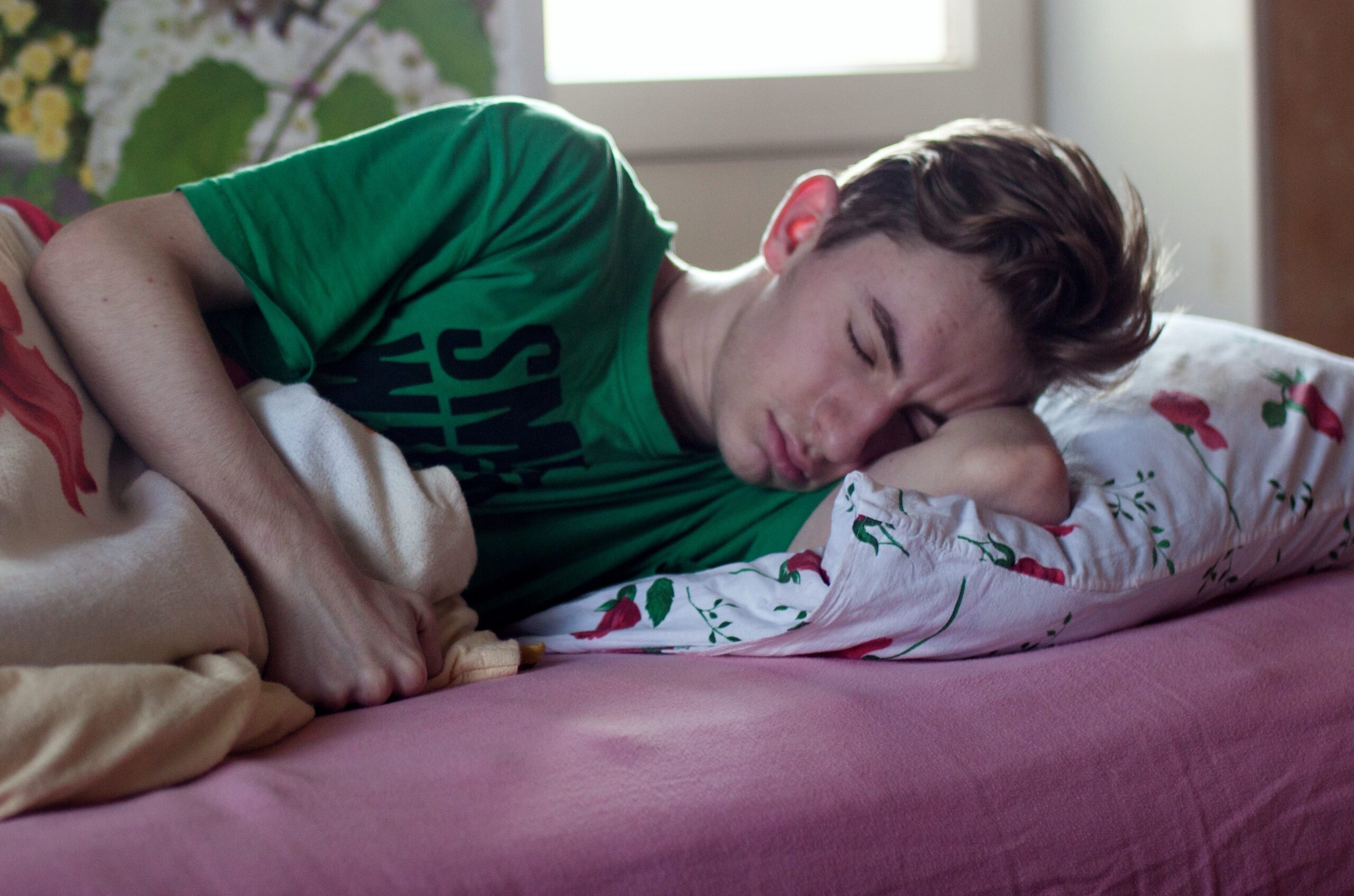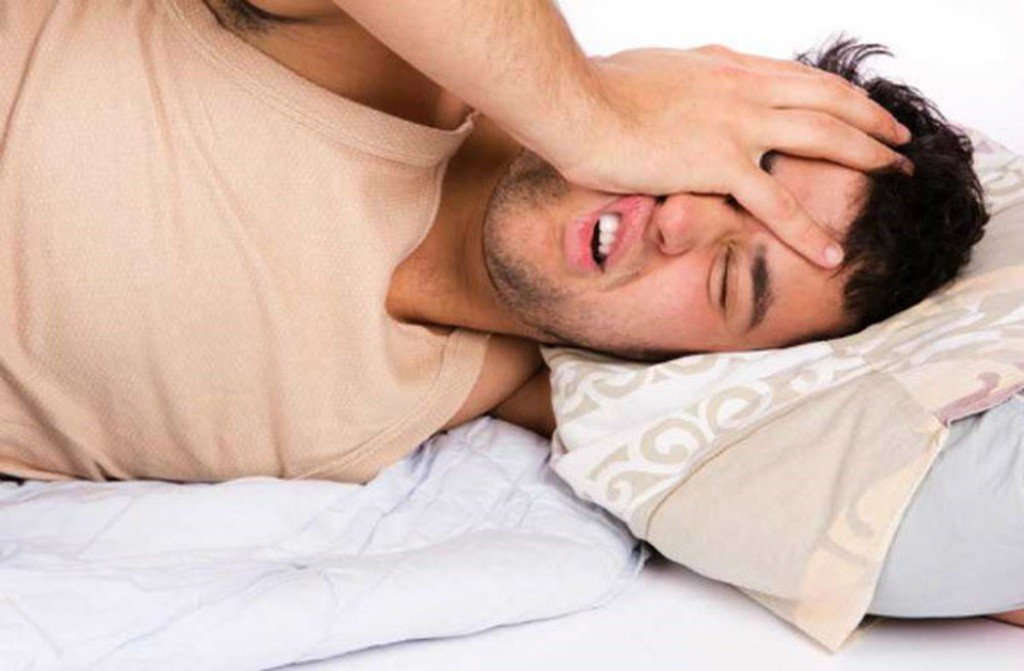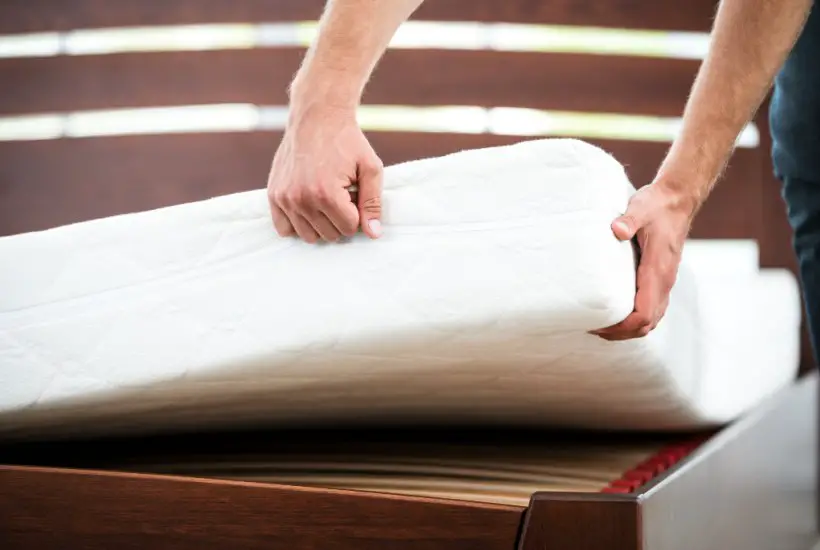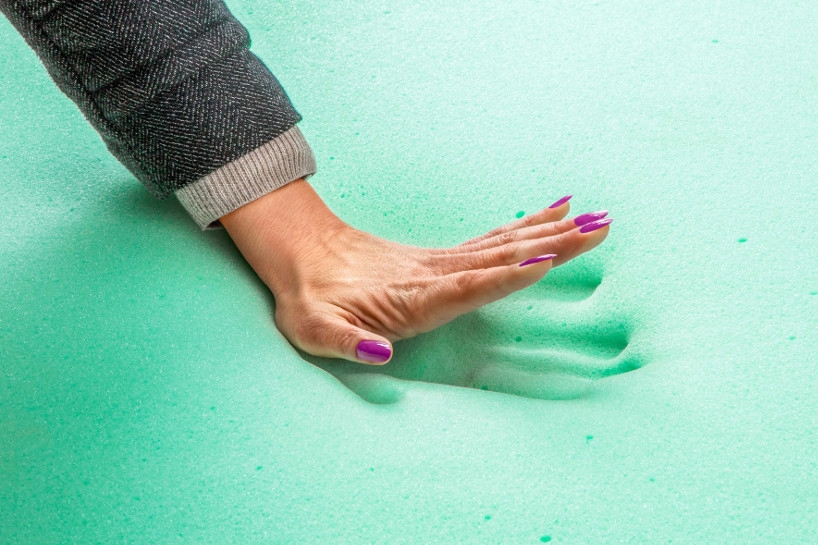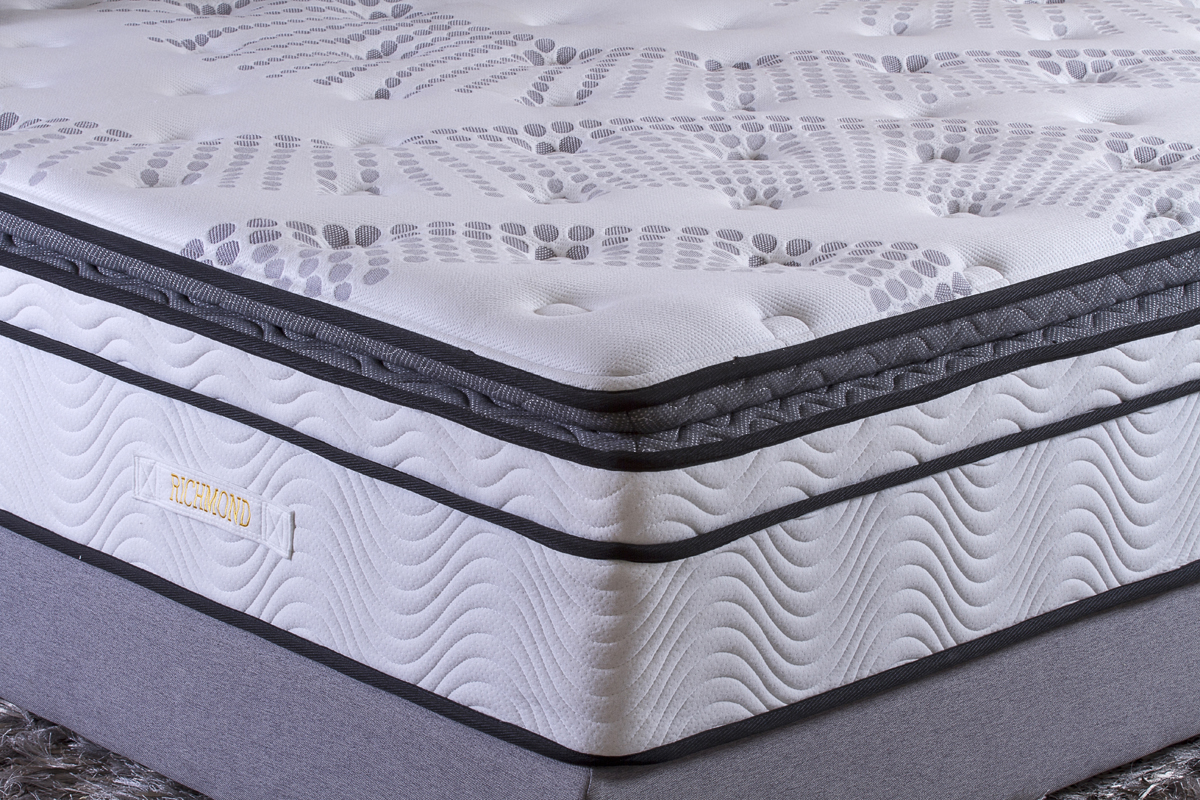Headaches and Sleeping on a Bad Mattress: Causes and Solutions
If you've been waking up with headaches and can't seem to find the source, it's possible that your mattress could be the culprit. While most people associate a bad mattress with back pain or discomfort, it can also have a significant impact on your overall health and well-being, including causing frequent headaches. In this article, we'll explore the relationship between mattresses and headaches, and provide solutions to help you get a good night's sleep and wake up headache-free.
How Your Mattress Could Be Causing Your Headaches
Many people underestimate the importance of a good mattress, assuming that as long as it's somewhat comfortable to sleep on, it's fine. However, a bad mattress can cause a variety of issues, including headaches. An old, worn-out mattress can lack the necessary support and cushioning for your body, leading to poor sleep quality and increased tension in your neck and shoulders. This tension can then trigger headaches, leaving you feeling groggy and irritable throughout the day.
Can a Bad Mattress Cause Headaches?
The simple answer is yes. A bad mattress can cause headaches in a few different ways. Firstly, as mentioned before, it can create tension in your neck and shoulders, leading to headaches. Secondly, it can also cause poor sleep quality, which can manifest in the form of headaches. When you don't get enough restful sleep, it can lead to a variety of health issues, including headaches.
How to Tell if Your Mattress is Causing Your Headaches
If you suspect that your mattress may be the cause of your headaches, there are a few signs to look out for. Firstly, pay attention to how you feel when you wake up in the morning. If you find that you have a headache more often than not, it could be a sign that your mattress is not providing proper support for your body. Additionally, if you notice that your headaches tend to ease up or disappear when you're away from your bed, it's worth considering that your mattress may be the culprit.
The Link Between Mattresses and Headaches
So, how exactly does a mattress contribute to headaches? As mentioned before, a bad mattress can cause tension in your neck and shoulders, leading to headaches. It can also lead to poor sleep quality, which can trigger headaches. Additionally, an old, worn-out mattress can also harbor dust mites and allergens, which can irritate your sinuses and contribute to headaches. These allergens can also lead to respiratory issues and affect your overall sleep quality.
Choosing the Right Mattress to Prevent Headaches
If you're in the market for a new mattress, it's essential to consider the factors that can affect your sleep quality and, in turn, your headaches. Look for a mattress that provides proper support for your body, especially in your shoulders and neck. This will help alleviate tension and promote better sleep. Additionally, consider the materials used in the mattress, as some may be more hypoallergenic and better for those with allergies or sinus issues.
How to Alleviate Headaches Caused by a Bad Mattress
If you're not in a position to purchase a new mattress, there are still ways to alleviate headaches caused by a bad mattress. One option is to invest in a mattress topper, which can provide additional support and cushioning for your body. Additionally, practicing good sleep hygiene, such as avoiding screen time before bed and creating a comfortable sleeping environment, can help improve your sleep quality and reduce headaches.
Common Mattress Problems That Can Lead to Headaches
Aside from an old, worn-out mattress, there are a few other common mattress problems that can contribute to headaches. These include sagging or uneven surfaces, lumps and bumps, and inadequate support. If your mattress is showing signs of wear and tear, it's essential to address these issues before they start affecting your health and well-being.
Improving Your Sleep to Reduce Headaches from a Bad Mattress
In addition to addressing your mattress, there are other steps you can take to improve your sleep and reduce headaches. This includes creating a relaxing bedtime routine, exercising regularly, and avoiding caffeine and alcohol close to bedtime. These habits can help promote better sleep and reduce the frequency and intensity of headaches.
When to Replace Your Mattress to Avoid Headaches
Ultimately, the best solution for avoiding headaches caused by a bad mattress is to replace it with a new, high-quality one. If your mattress is over 8 years old, showing visible signs of wear and tear, or causing discomfort and pain, it's time to consider investing in a new one. While it may be a significant expense, the benefits of a good night's sleep and headache-free mornings are worth it in the long run.
How a Poor Mattress Can Lead to Headaches

Understanding the Connection
 We all know the importance of a good night's sleep for our overall health and well-being. However, what many people may not realize is that the quality of our mattress can play a significant role in our sleep patterns and even lead to headaches.
Research has shown that sleeping on a bad mattress can cause or exacerbate headaches, making it crucial to invest in a high-quality mattress.
We all know the importance of a good night's sleep for our overall health and well-being. However, what many people may not realize is that the quality of our mattress can play a significant role in our sleep patterns and even lead to headaches.
Research has shown that sleeping on a bad mattress can cause or exacerbate headaches, making it crucial to invest in a high-quality mattress.
How a Bad Mattress Affects Your Sleep
 A bad mattress can have various negative effects on your sleep, ultimately leading to headaches. Firstly, an old and worn-out mattress can cause discomfort, leading to tossing and turning throughout the night, resulting in poor quality sleep. This can trigger tension headaches, which are the most common type of headache caused by muscle tension and stress.
Additionally, an unsupportive mattress can cause your body to be improperly aligned, leading to neck and back pain, which can also contribute to headaches.
A bad mattress can have various negative effects on your sleep, ultimately leading to headaches. Firstly, an old and worn-out mattress can cause discomfort, leading to tossing and turning throughout the night, resulting in poor quality sleep. This can trigger tension headaches, which are the most common type of headache caused by muscle tension and stress.
Additionally, an unsupportive mattress can cause your body to be improperly aligned, leading to neck and back pain, which can also contribute to headaches.
The Role of Mattress Firmness
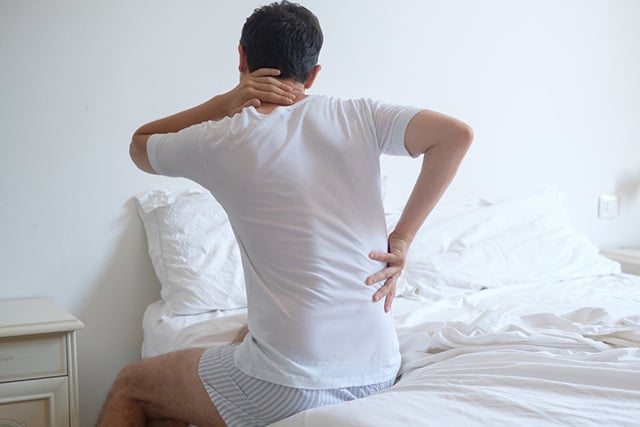 Many people believe that a firm mattress is the best option for a good night's sleep. However, the reality is that the firmness of a mattress is subjective and varies from person to person.
While some may find a firm mattress comfortable, others may need a softer surface to relieve pressure points and prevent headaches.
It is essential to find the right balance of support and comfort for your body to get a good night's rest and avoid headaches.
Many people believe that a firm mattress is the best option for a good night's sleep. However, the reality is that the firmness of a mattress is subjective and varies from person to person.
While some may find a firm mattress comfortable, others may need a softer surface to relieve pressure points and prevent headaches.
It is essential to find the right balance of support and comfort for your body to get a good night's rest and avoid headaches.
The Importance of Proper Alignment
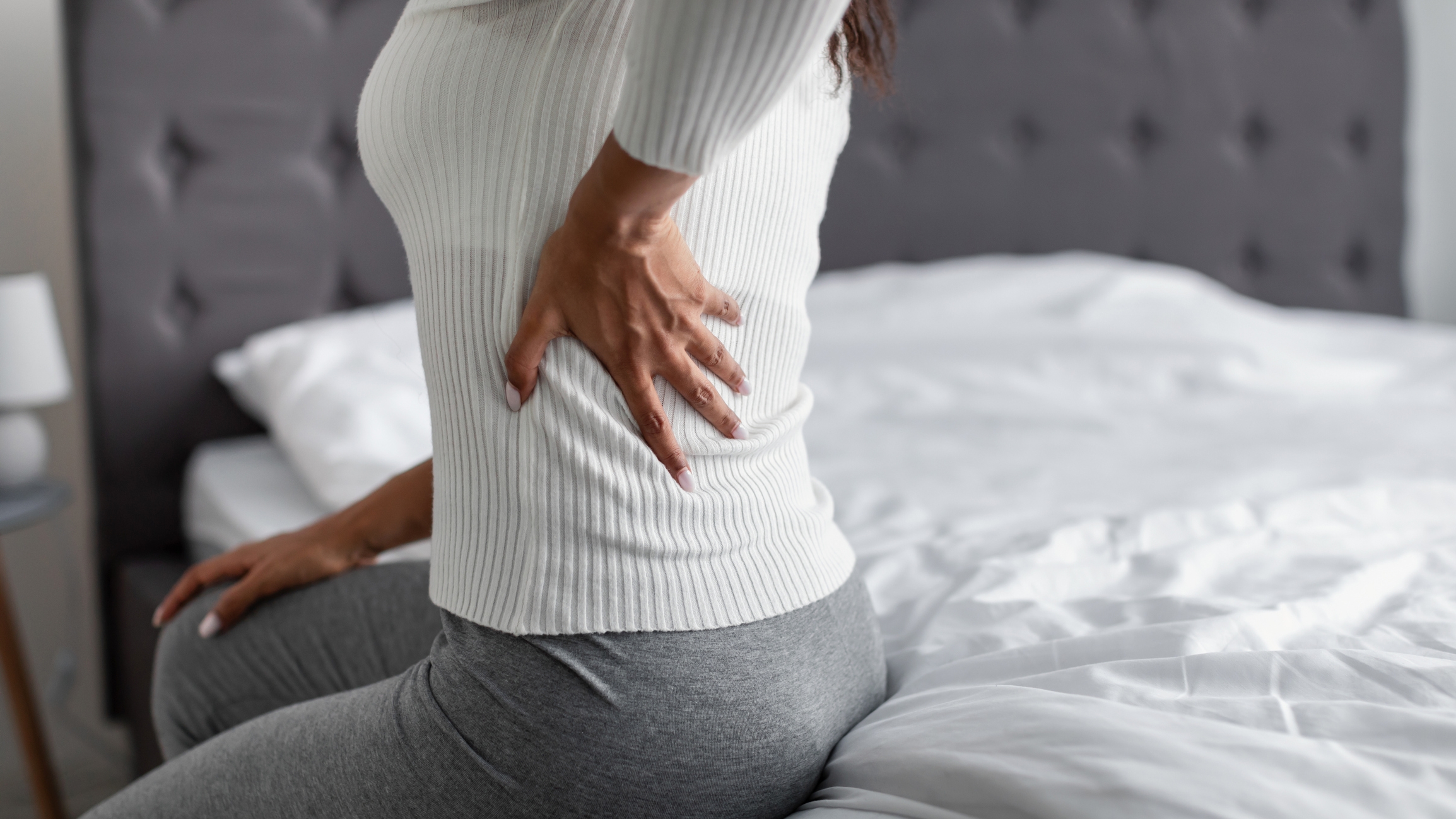 As mentioned earlier, an unsupportive mattress can cause your body to be improperly aligned, leading to aches and pains.
When your body is not aligned correctly, it puts pressure on your neck and spine, which can lead to tension headaches.
This is especially true if you sleep on your stomach, as this position can strain your neck and back. Investing in a mattress that provides proper support and alignment for your body can significantly reduce the frequency and intensity of headaches.
As mentioned earlier, an unsupportive mattress can cause your body to be improperly aligned, leading to aches and pains.
When your body is not aligned correctly, it puts pressure on your neck and spine, which can lead to tension headaches.
This is especially true if you sleep on your stomach, as this position can strain your neck and back. Investing in a mattress that provides proper support and alignment for your body can significantly reduce the frequency and intensity of headaches.
Conclusion
 In conclusion,
a bad mattress can have a significant impact on your sleep quality and lead to headaches.
The key is to find a mattress that suits your specific needs, whether it be a firm or soft surface, and provides proper support and alignment for your body.
Remember, a good night's sleep is essential for your overall health, and investing in a high-quality mattress is a crucial step towards achieving it.
Say goodbye to restless nights and headaches by prioritizing the quality of your mattress.
In conclusion,
a bad mattress can have a significant impact on your sleep quality and lead to headaches.
The key is to find a mattress that suits your specific needs, whether it be a firm or soft surface, and provides proper support and alignment for your body.
Remember, a good night's sleep is essential for your overall health, and investing in a high-quality mattress is a crucial step towards achieving it.
Say goodbye to restless nights and headaches by prioritizing the quality of your mattress.



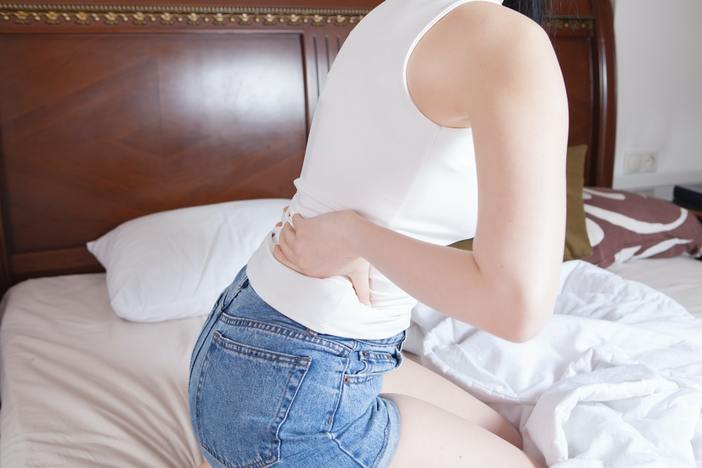










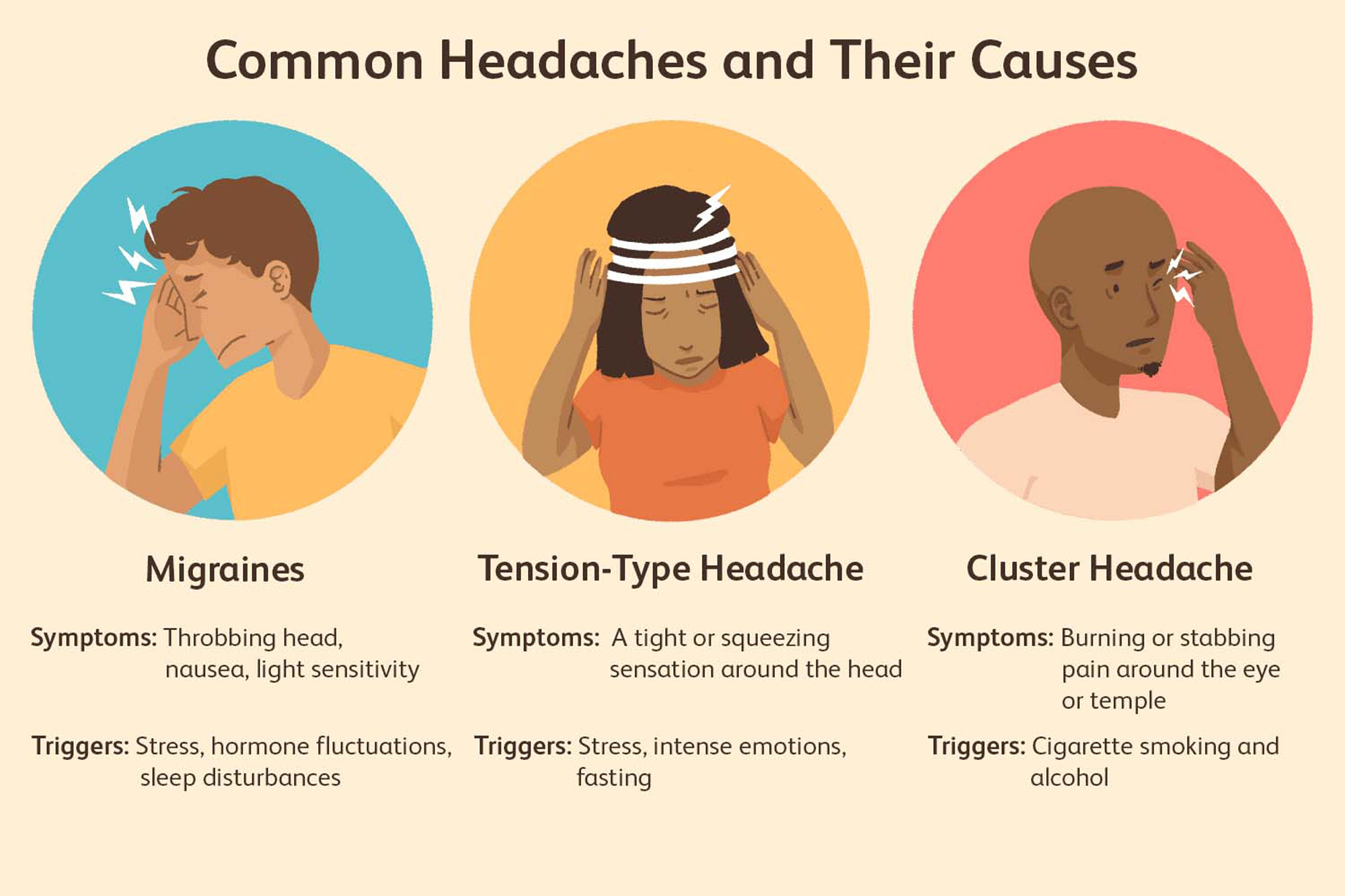
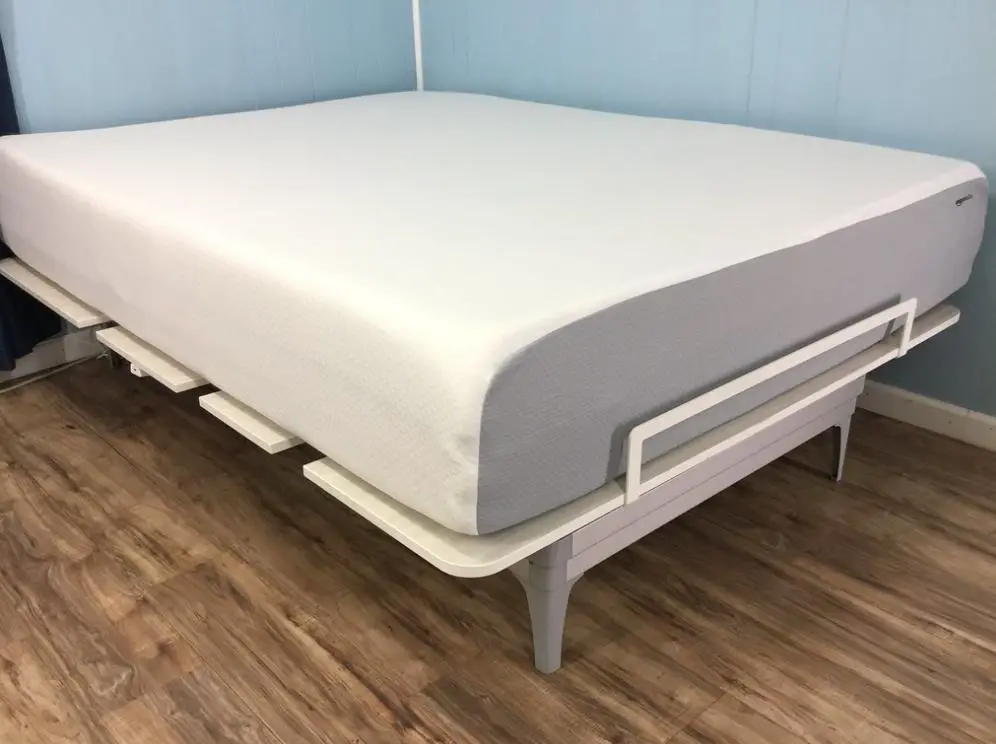

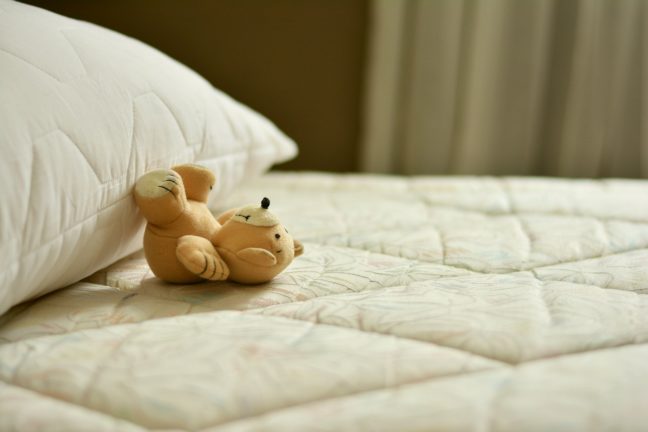
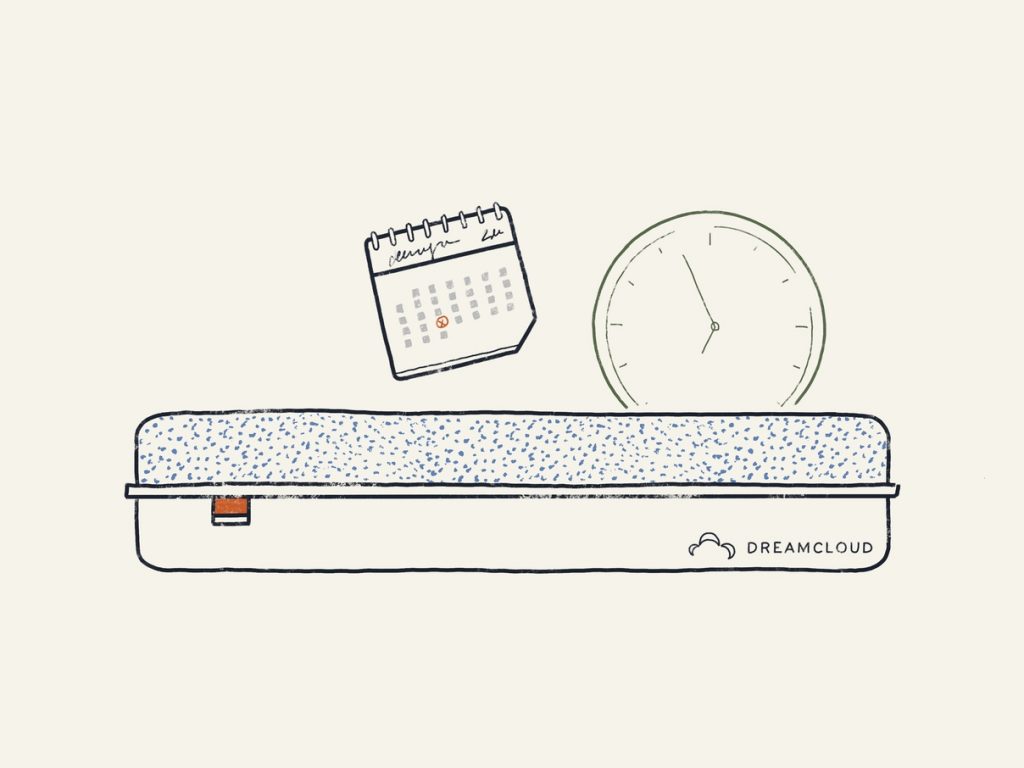

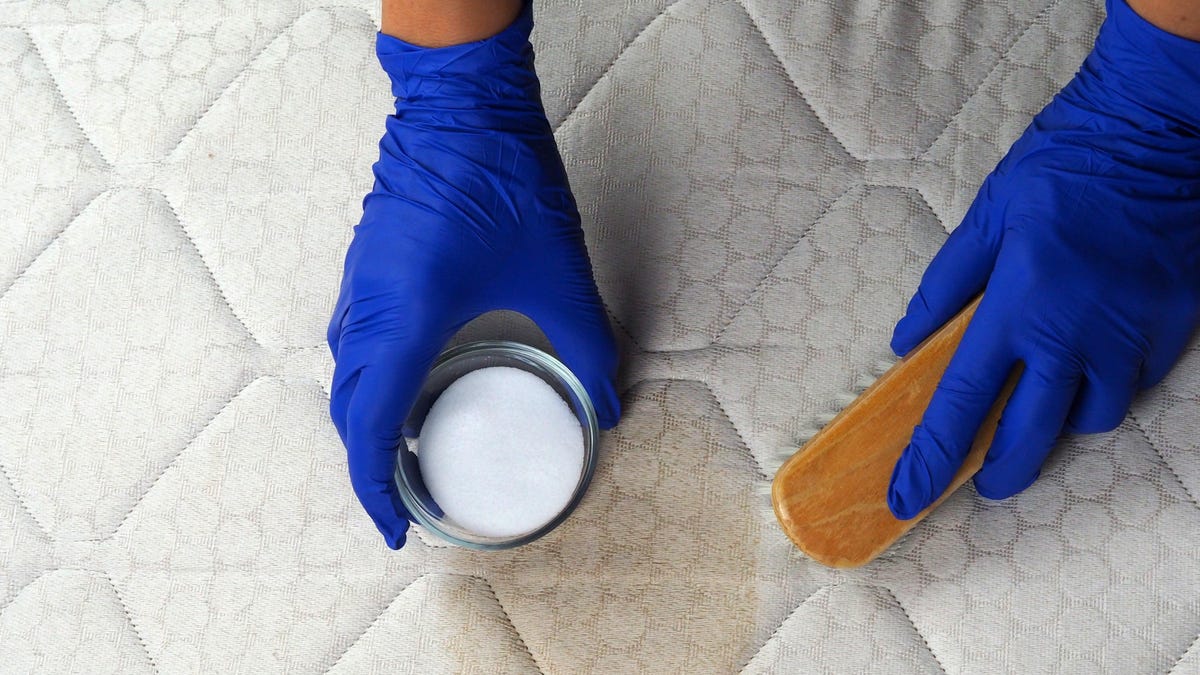
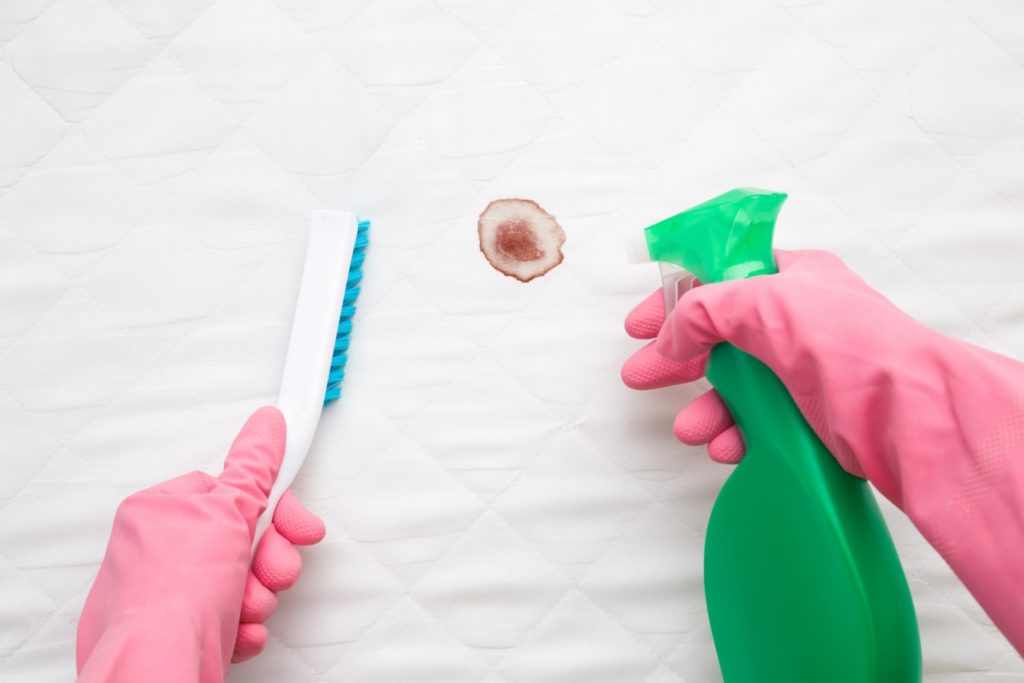




:max_bytes(150000):strip_icc()/headaches-and-migraines-causes-4685674_V3-517ccb13fa5a4af58fd2f2e674932540.png)














